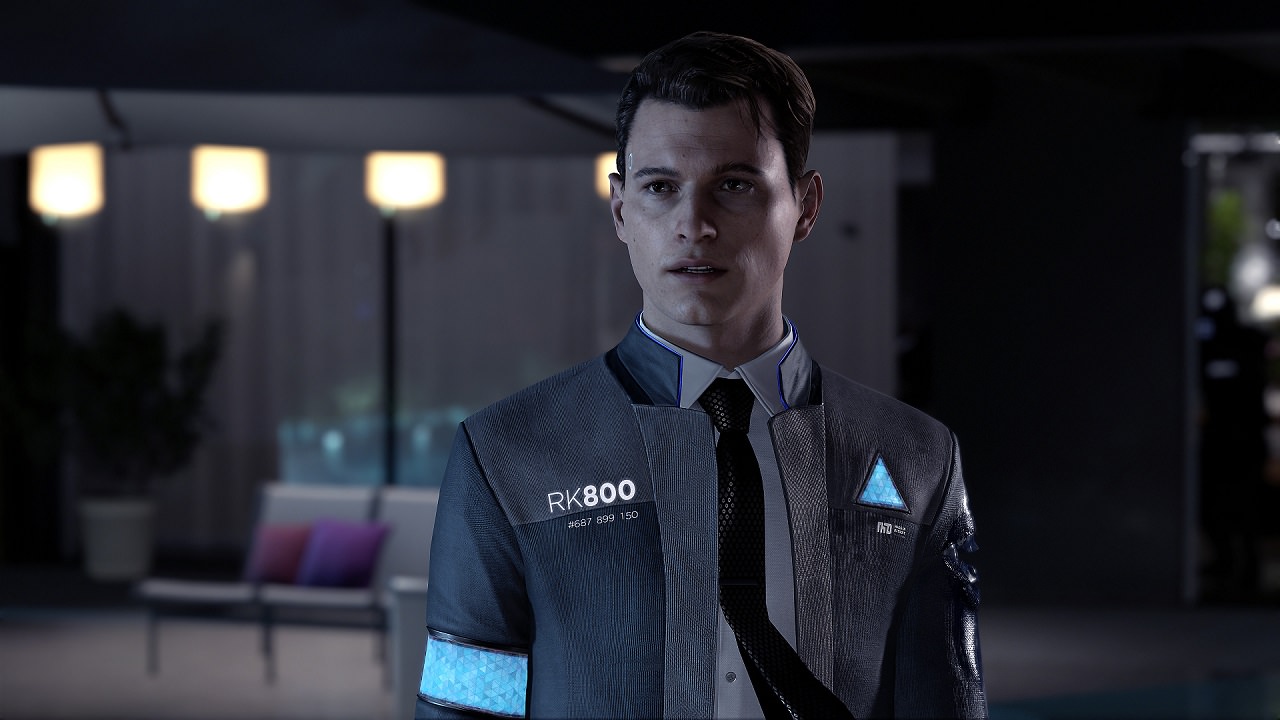
Don’t get me started on the nude model of Elliot’s character that emerged online that felt like a huge violation of privacy, and the fact the model wasn’t based on him shouldn’t be an excuse. The story was clumsy and disjointed, failing to capitalise on its core themes because it tried so hard to be artsy and different to what came before.

The game was a commercial success, but received a polarizing critical reception because the cracks were beginning to show in Quantic Dream’s formula. It was all in pursuit of character growth and narrative development, but given the studio’s track record and alleged comments regarding both its completed products and studio culture, it feels like a company that is willing to treat female characters as secondary, while also thrusting them to the forefront so they can be sexualised and thrown into situations that demand needless sympathy. Please don’t give it a chance with Star Wars.īeyond: Two Souls cast Elliot Page into a starring role and once again depicted a heroine who was put through trials and tribulations that you’d never see a male counterpart subjected to. Quantic Dream feels stuck in the past, but by targeting the lowest common denominator with its characters and stories, it has ensured itself a place in the future. Just because it’s being marketed as a prestige blockbuster doesn’t mean it has all of the ingredients to be one worth remembering. It’s disgusting, and unfortunately this instance wasn’t a teething issue for Quantic Dream and David Cage, since they would continue to produce games that were clumsy and hurtful, while trying desperately to imitate the aura of maturity through spectacular visuals and high production values. The game’s male characters have suffered untold trauma, so of course the only heroine is debased into a reproductive machine for a man. Related: Loving Deathloop? Then It's Time To Finally Play PreyĮthan Mars crying over the graves of his dead family in the pouring (or heavy, I should say) rain as Madison Paige asks him to bear her children is a moment so laughably tone deaf that it still makes me feel dirty.

It was ripe with plot holes and dialogue layered with cringe so pronounced that even today they’re continually used as memes and examples of how not to tell stories in games. Its characters were tiresome cliches, whether it be the mourning father, conflicted FBI agent, or female journalist who was willing to strip and degrade herself in pursuit of a story. In a way it absolutely was, with Quantic Dream pioneering decision-based gameplay and character drama in a way that blockbusters like Telltale’s The Walking Dead and The Last of Us would build upon in the years to come.ĭespite all of its innovation, Heavy Rain was also laughably juvenile in every conceivable way. To someone who was yet to sit their GCSE exams, it felt like a mature, meaningful, and daring narrative adventure that games had never thought to explore before.


 0 kommentar(er)
0 kommentar(er)
